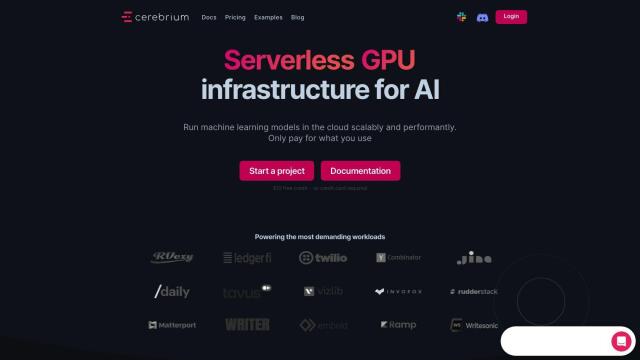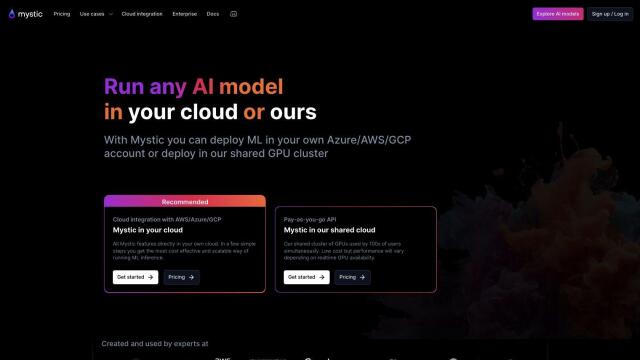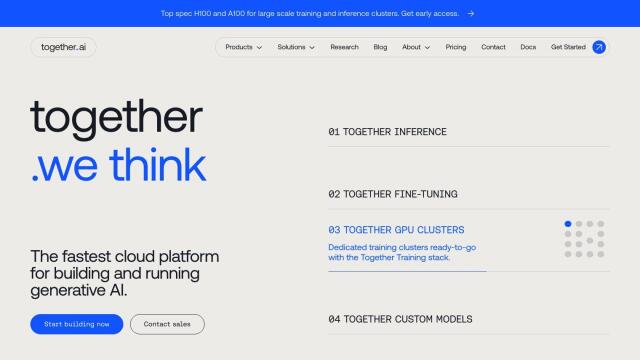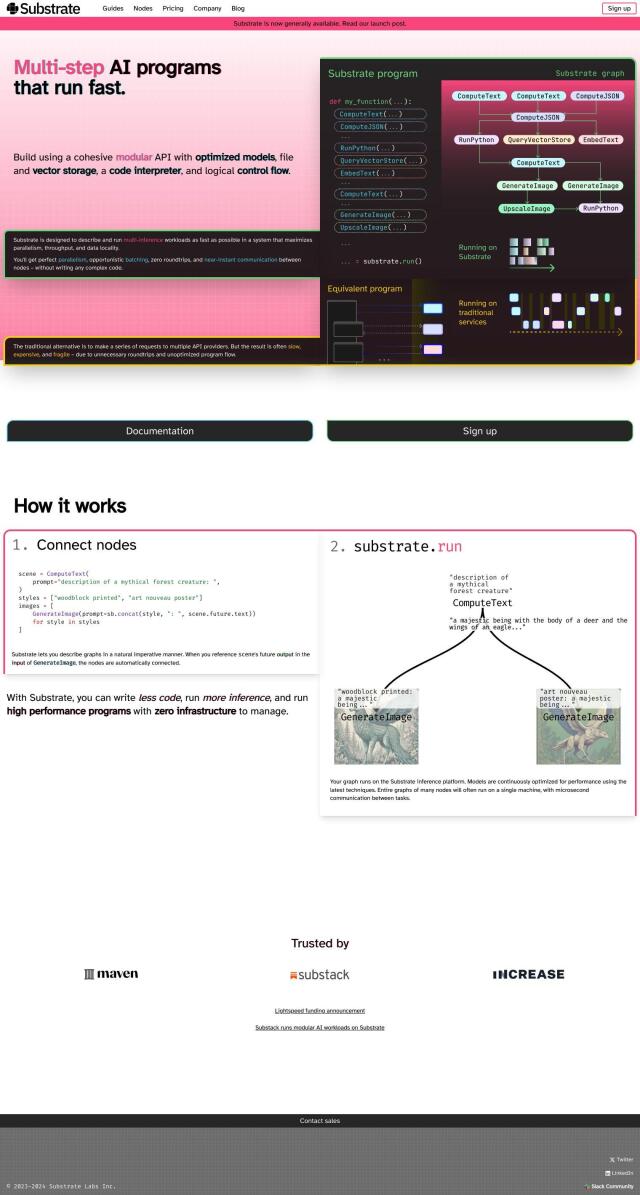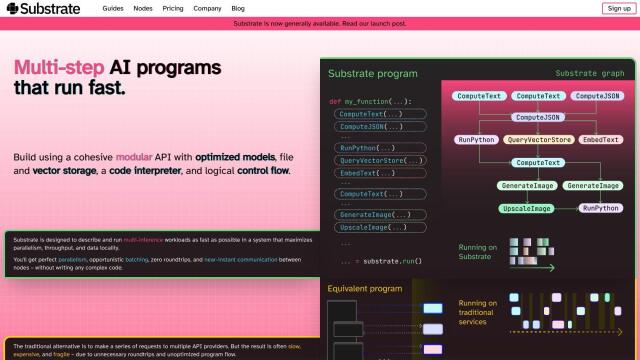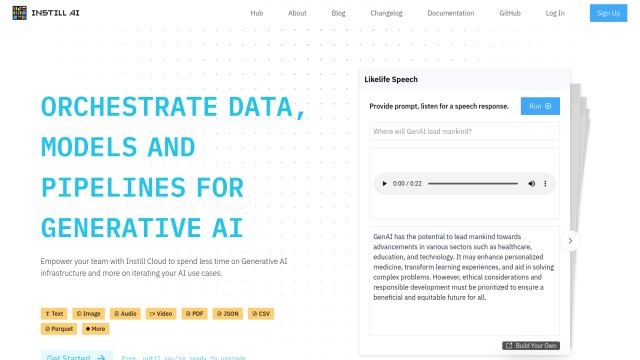Question: I'm looking for a solution to scale my AI infrastructure to meet growing demands, can you help?


Anyscale
If you need a way to scale your AI infrastructure, Anyscale is a good all-purpose platform for building, deploying and scaling AI applications. It's got the best performance and efficiency around, with features like workload scheduling, cloud flexibility and smart instance management. Based on the open-source Ray framework, Anyscale can run a variety of AI models, including LLMs, traditional models and custom generative AI models. With costs up to 50% lower than spot instances and a free tier, Anyscale is a good option for businesses.

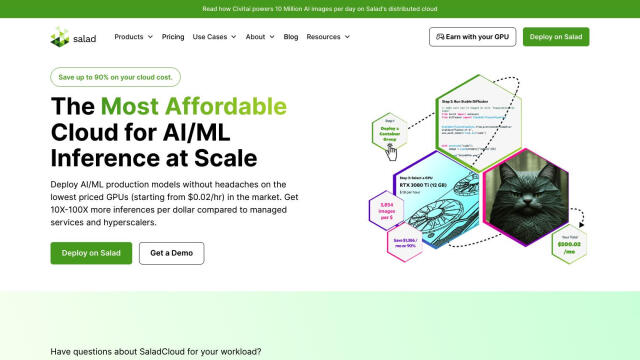
Salad
Another good option is Salad, a cloud-based service for running and managing AI/ML production models at scale. Salad lets you use thousands of consumer GPUs around the world at a lower cost, with features including a fully-managed container service, global edge network, on-demand elasticity and multi-cloud support. Costs are up to 90% lower than with traditional providers, making it a good choice for GPU-hungry tasks like text-to-image, text-to-speech, speech-to-text and more.

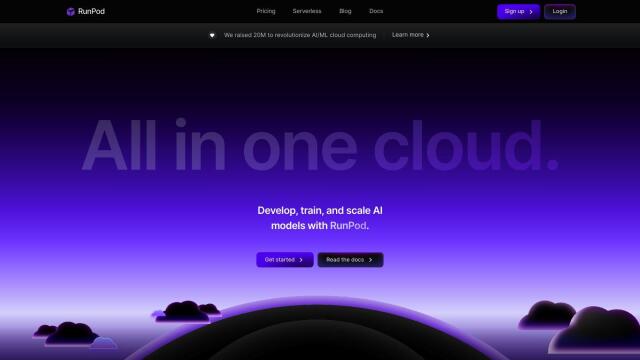
RunPod
For a globally distributed GPU cloud, RunPod lets you spin up GPU pods immediately with a range of GPU choices. It also offers serverless ML inference with autoscaling, instant hot-reloading for local changes, and more than 50 preconfigured templates for frameworks like PyTorch and Tensorflow. Pricing is based on the type of GPU instance and usage, so it's a good choice for running AI workloads.

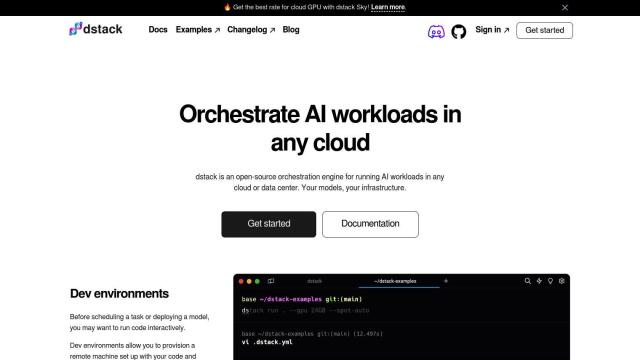
dstack
Last, dstack is an open-source engine that automates infrastructure provisioning for AI models running on a variety of cloud providers and data centers. It makes it easy to set up and run AI workloads, letting you concentrate on data and research instead of infrastructure. It can cut costs by using cheap cloud GPUs. With detailed documentation and community support, dstack is a flexible and economical way to manage and deploy AI workloads.

